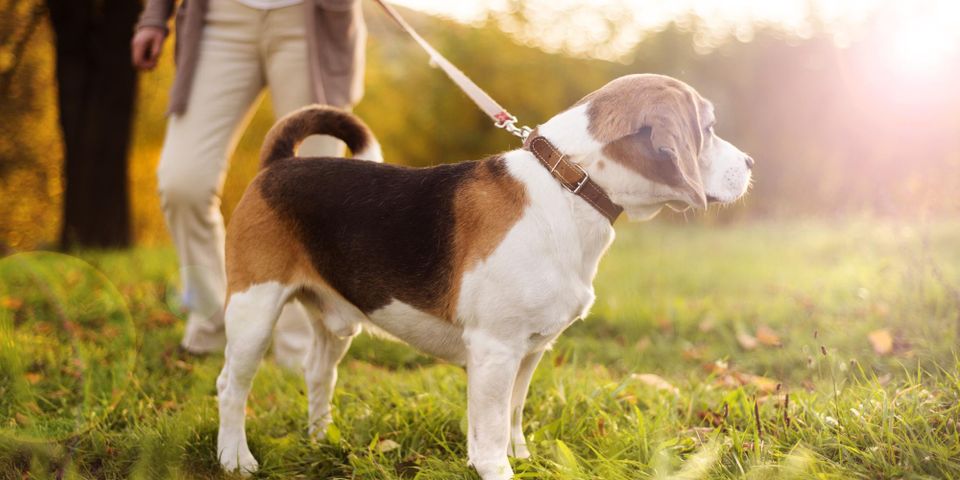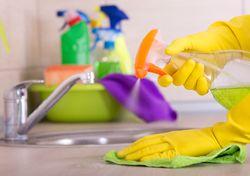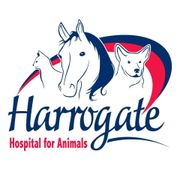4 Common Toxin Sources for Dogs & How To Avoid Them

Throughout the course of its life, your dog can be exposed to toxins that aren’t ideal for its health. While your veterinarian can provide excellent care for your furry friend and identify when toxins become problematic, minimizing your pet’s exposure to toxins to begin with will help keep them healthy. Stay aware of four of the most common sources of toxins your dog could encounter as well as tips for how to avoid them.
Common Sources of Toxins & Veterinarian Tips for Minimizing Dogs’ Exposure
1. Pet Food
Pet food health scares aren’t new. Outbreaks of mycotoxin contaminations occurred in 2005 and 2006, and a study conducted in 2014 found molds and toxins in over half of the pet foods they tested. There’s also always an updated list of ongoing pet food recalls on the FDA’s website. Even if your dog doesn’t seem ill, toxins could still be affecting him, as there are links between them and food poisoning as well as acute toxicity and chronic health problems. To avoid exposure through your pet’s food, try organic pet foods recommended by your veterinarian, or create your own dog food at home following ASPCA-recommended guidelines for nutrition needs.
2. The Outdoors
Pesticides, mulches, and other landscaping treatments contain chemicals and toxins that may not be safe for your dog. Dogs ingest these toxins by walking through treated plants, licking contaminated paws, or drinking tainted runoff water. To prevent this, keep an eye out in your neighborhood and your usual walk route. If you see landscapers spraying anything or putting down mulch, avoid nearby areas for a few days if possible. When yards are freshly sprayed, you may notice an unusual smell or see a yard sign warning of fresh applications, and you should leave the area and wipe down your dog soon. Avoid walking through fields of crops, as these will usually be treated with pesticides, too, and don’t let your dog drink from puddles.
3. Water
Tap water contains fluoride, PFAs, and chlorine, and it was found that up to 6 million people in the United States had unsafe drinking water in 2016. This doesn’t include residential well systems, either. Chemical-laden water can have a greater impact on pets than it does on you, as their bodies can’t filter as much of the contaminants out. Use a purifier if you let your dog drink tap water, or begin buying purified, distilled drinking water for them. Don’t let them drink from unfamiliar or outside sources.
4. Household Items
 Household cleaners contain toxins, too. Chemicals like ammonia and bleach are common in cleaners, and they can cause respiratory irritation, skin burns, and other issues. Use organic or natural cleaning solutions, and don’t use them near or on your dog’s things.
Household cleaners contain toxins, too. Chemicals like ammonia and bleach are common in cleaners, and they can cause respiratory irritation, skin burns, and other issues. Use organic or natural cleaning solutions, and don’t use them near or on your dog’s things.
If your pup has gotten into something it shouldn’t have or is acting unusual, the veterinarian team at Harrogate Hospital for Animals in Claiborne County, TN, will provide compassionate, attentive care to identify the issue. Beyond dogs, their animal hospital works with companion, farm, and exotic animals. From internal medicine to herd management to routine vet clinic care, they offer comprehensive care with the latest technological innovations. Their vet clinic is open six days a week, and they make house calls. For more information, contact them online, or call their office at (423) 869-3666. For emergencies, call (865) 970-5338.
About the Business
(301 reviews)
Have a question? Ask the experts!
Send your question

